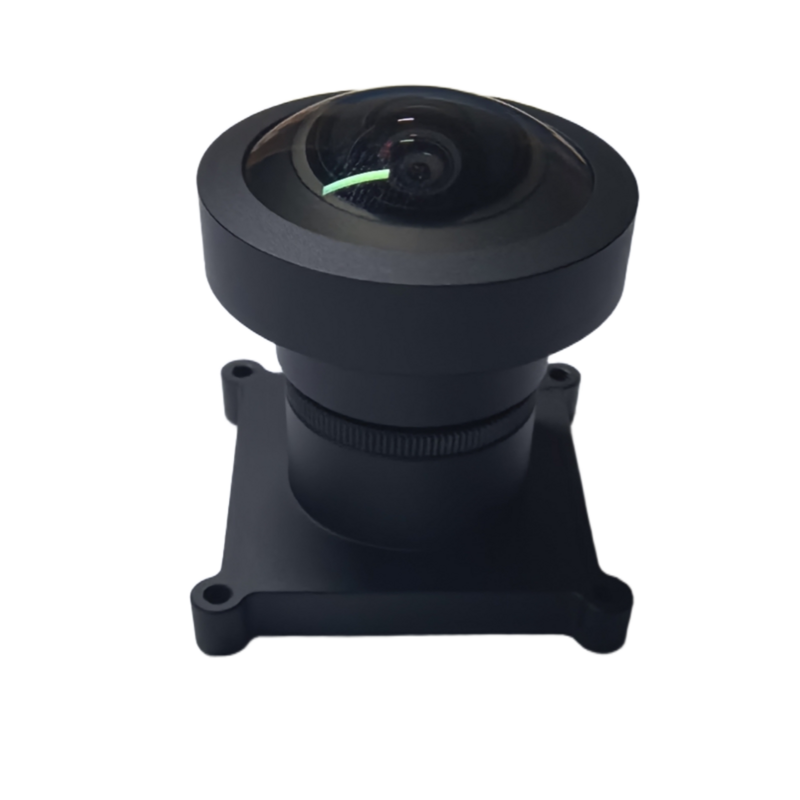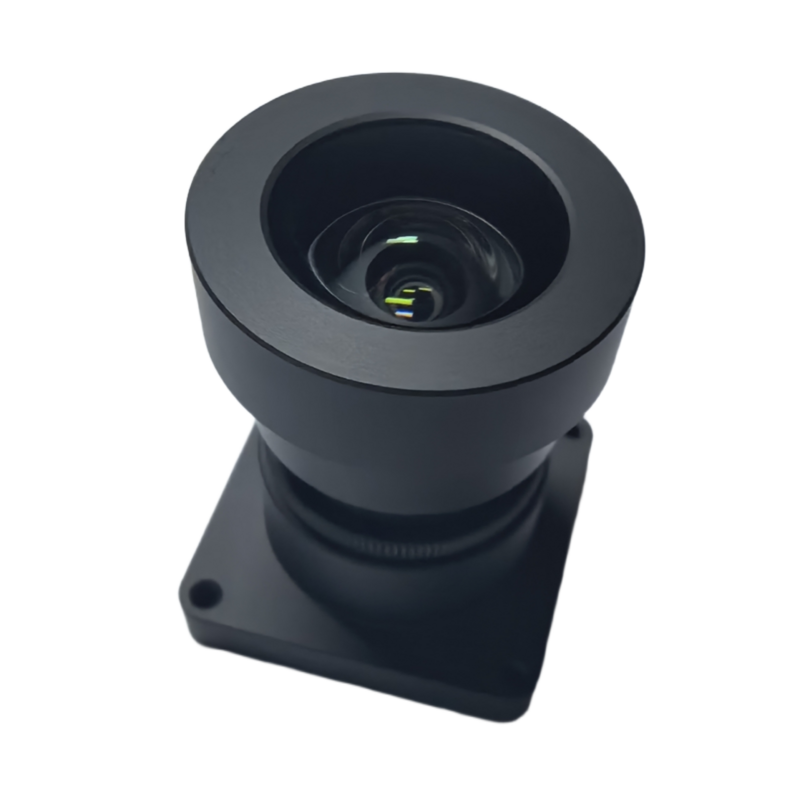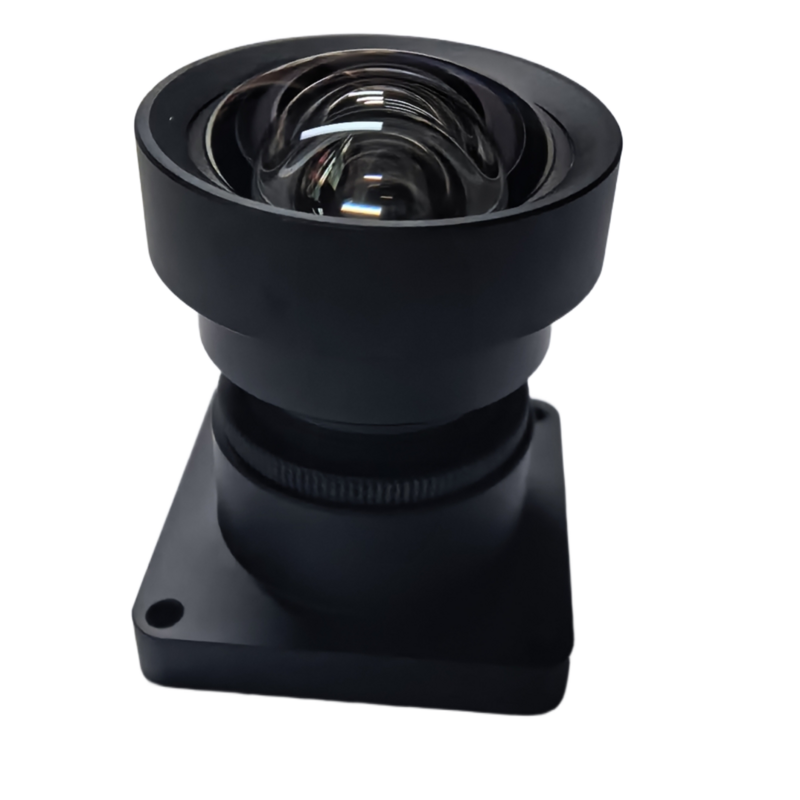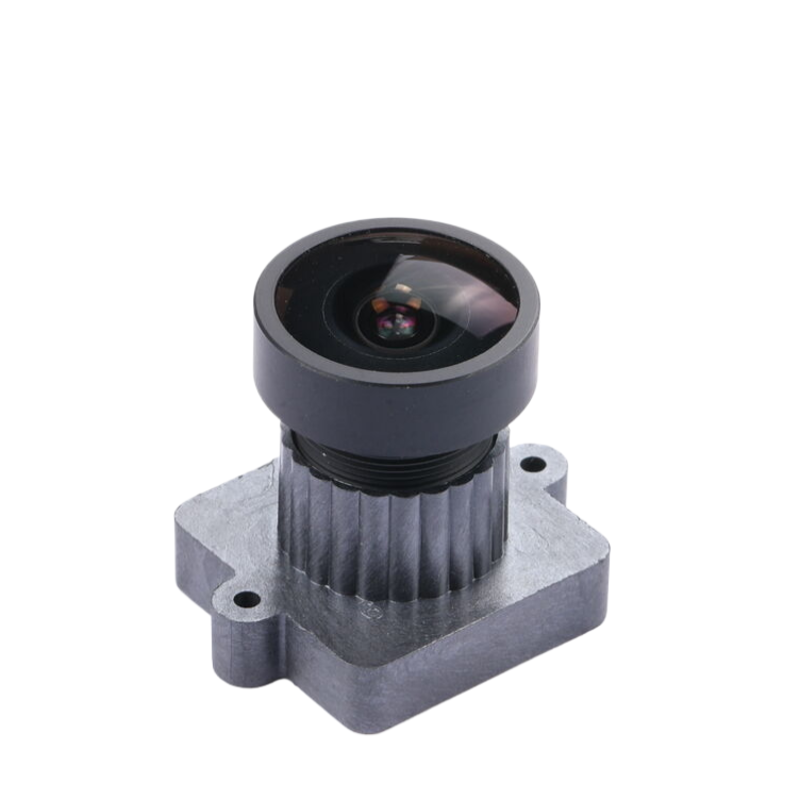Company News
Crucial Factors to Consider
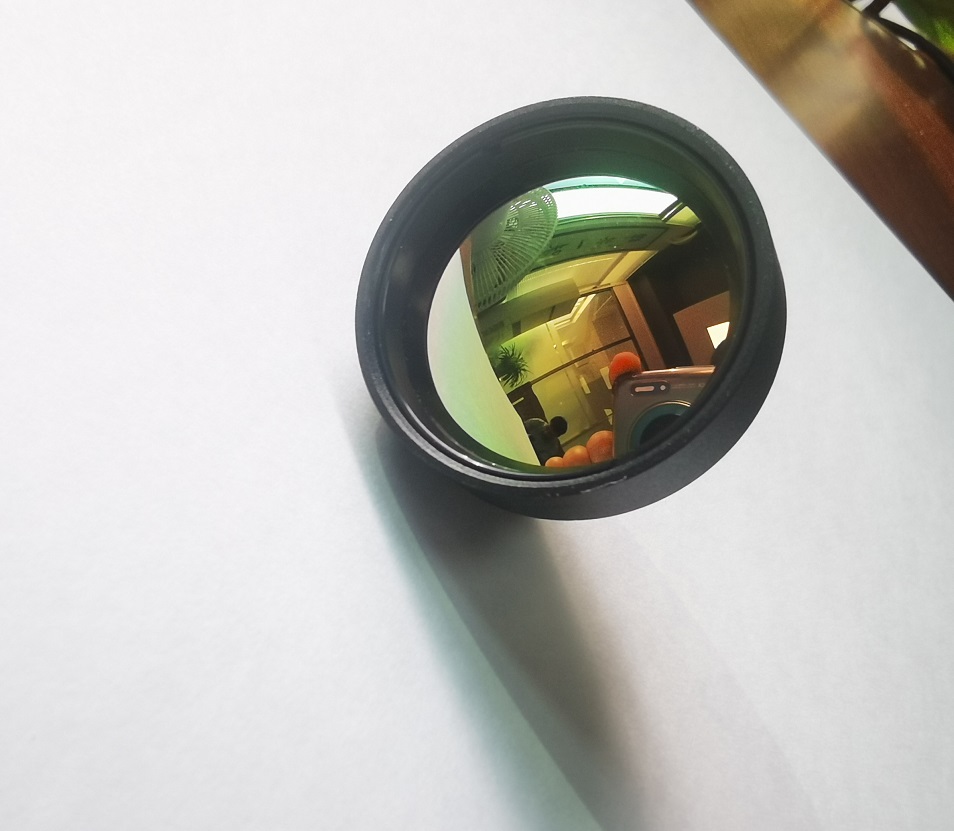
When it comes to choosing the right medical lens, there are several essential factors to take into consideration. The medical industry heavily relies on lenses for a wide range of applications, including diagnostics, surgeries, and therapeutic treatments. To ensure optimal outcomes and patient safety, it is imperative to make an informed decision. Below are the key factors to consider:
1. Lens Material and Durability
The first aspect to consider is the lens material and its durability. Medical lenses are available in various materials such as glass, plastic, silicone, and acrylic. Each material has its own advantages and disadvantages. Glass lenses, for example, provide excellent optical clarity but may be more prone to breakage. On the other hand, plastic lenses are lighter and less expensive but may not offer the same level of image quality. It is crucial to assess the intended use of the lens and choose a material that meets the specific requirements.
2. Optical Performance and Image Quality
The optical performance and image quality of a medical lens play a vital role in accurate diagnostics and treatments. The lens should offer clear, sharp, and distortion-free images to enable healthcare professionals to make precise assessments and decisions. Additionally, it should minimize any aberrations or reflective properties that could affect the overall accuracy. Before making a selection, it is recommended to thoroughly review the lens specifications and consider the specific imaging needs of the medical procedure.
3. Lens Design and Functionality
The design and functionality of the medical lens are equally important. Depending on the application, the lens may need to have specific features such as adjustable focus, magnification capabilities, or compatibility with imaging equipment. Additionally, considerations should be made for the handling and cleaning requirements of the lens to ensure ease of use and hygiene. Evaluating the lens design and functionality in relation to the intended medical procedure is essential to achieving the desired outcomes.
Conclusion
Choosing the right medical lens is a critical decision that directly impacts patient care and outcomes. By attentively considering the lens material and durability, optical performance and image quality, as well as the design and functionality, healthcare professionals can make an informed choice. It is crucial to thoroughly evaluate each factor based on the specific requirements of the medical procedure to ensure optimal results. With the right medical lens, healthcare practitioners can provide accurate diagnostics, precise treatments, and ultimately enhance the overall quality of patient care.
 English
English  German
German Japanese
Japanese Korean
Korean Vietnamese
Vietnamese French
French Spanish
Spanish भारत
भारत
